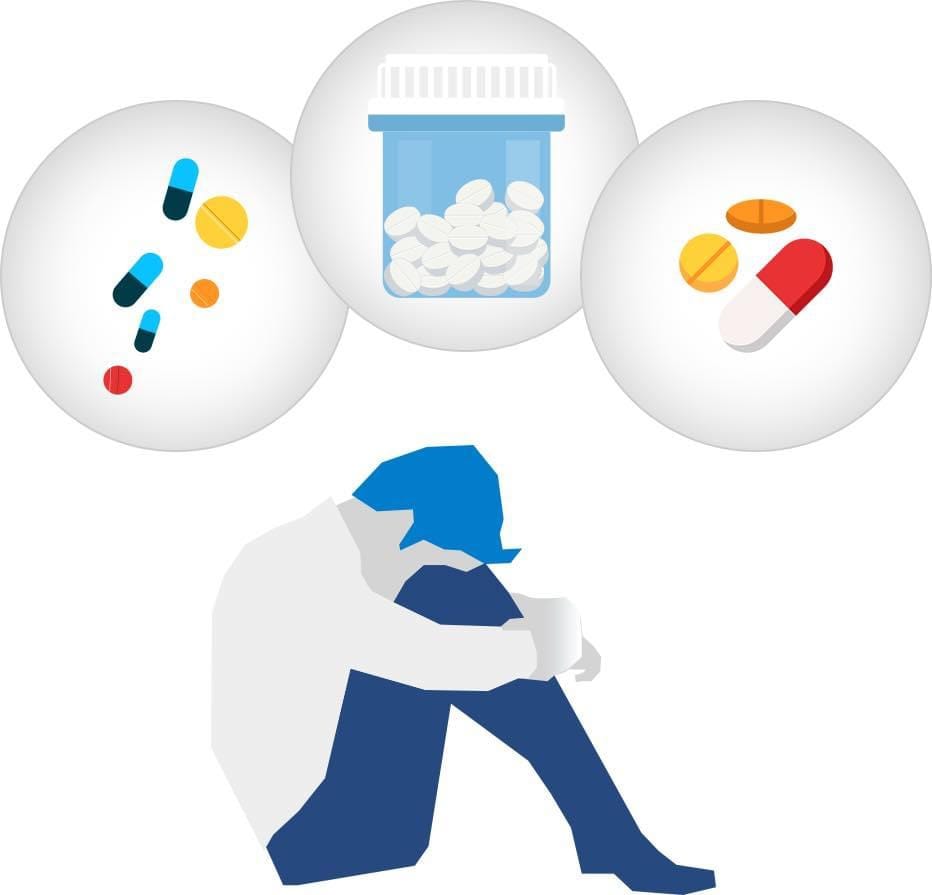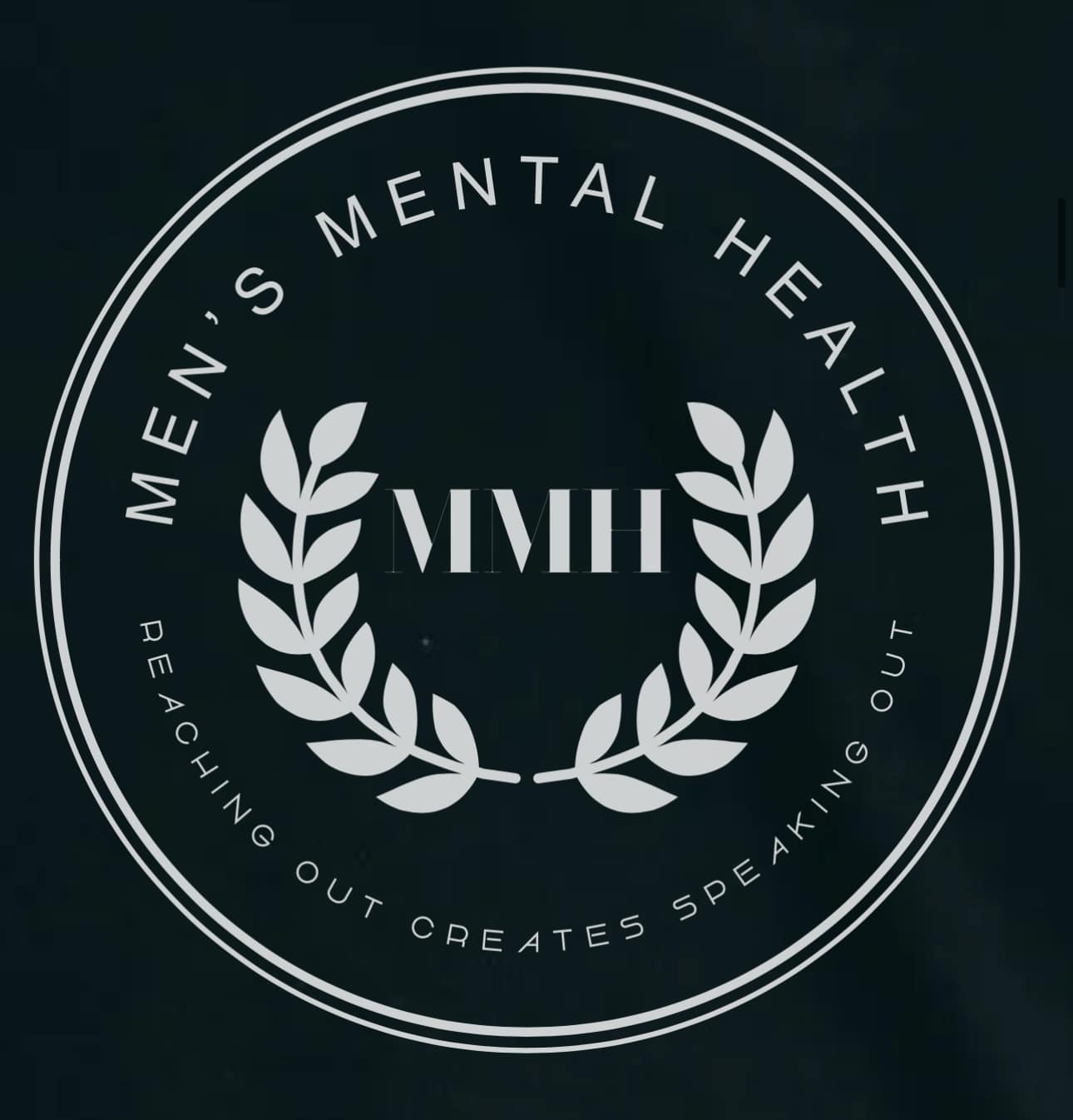Exploring the Impact of Drugs on Mental Health: Uncovering the Unknown Effects

Understanding the Intricate Connection
The relationship between drugs and mental health is complicated and touches many lives worldwide. While prescribed medications can help manage mental health disorders, the misuse of recreational substances can lead to severe problems. By examining the effects of both pharmaceuticals and recreational drugs, we can better understand their roles in mental health.
The Role of Pharmaceuticals in Mental Health
Pharmaceuticals are essential for treating conditions like depression, anxiety, and schizophrenia. Medications such as SSRIs (Selective Serotonin Reuptake Inhibitors), antipsychotics, and mood stabilizers help many people lead happier, more stable lives. For example, studies show that about 60% of individuals with depression experience a significant improvement in symptoms after taking appropriate antidepressants.
However, these medications often have side effects. Many individuals report common issues like fatigue (up to 30%), weight gain, or emotional blunting, which can affect their quality of life. Moreover, treatment effectiveness can vary widely. As a result, finding the right medication often requires patience and consultation with healthcare providers.
Pro Tip:
Keep a journal to track your symptoms and medication responses. This practice helps your doctor make informed decisions about your treatment plan.
The Dangers of Recreational Drug Use
Recreational drugs like marijuana, cocaine, and MDMA are easily accessible in many communities. While some individuals use these substances to cope with mental health issues, they often create new challenges.
For example, heavy marijuana use has been shown to increase the likelihood of anxiety, paranoia, and even psychosis, especially in those with a family history of mental health disorders. Moreover, studies indicate that people with substance use disorders are twice as likely to have mood disorders compared to the general population. This means that turning to drugs for temporary relief can often worsen existing mental health struggles.
Expert Insight:
Being aware of the potential consequences of recreational drug use is crucial. Recognizing the pattern can help you seek healthier coping mechanisms.
The Necessity of Dual Diagnosis Approaches
The interplay between drugs and mental health highlights the importance of a dual diagnosis approach in treatment. This method not only addresses the mental health condition but also treats substance use disorders.
Treatment programs often include a combination of therapy, medication management, and support groups. Research shows that individuals who participate in integrated treatment plans see a 45% increase in recovery success ratescompared to those who receive only one type of treatment.
Pro Tip:
Consider joining a support group that focuses on both mental health and substance use. Connections with others facing similar challenges can be invaluable.
The Role of Stigma in Seeking Help
Stigma remains a significant obstacle for many people when it comes to seeking help for mental health and substance use issues. Many individuals feel ashamed or worried about being judged.
Building awareness and fostering an open dialogue about drug use and mental health are critical steps in reducing stigma. Sharing personal experiences and encouraging conversations can inspire others to seek the necessary help.
Final Thoughts on Navigating Mental Health
Understanding the complex relationship between drugs and mental health is essential for better mental health outcomes. From effective pharmaceuticals to the risks associated with recreational drugs, it's crucial to grasp these impacts.
As society engages in discussions about mental health and substance use, creating an environment of support becomes more important. Embracing a dual diagnosis approach and breaking down barriers helps individuals take charge of their mental health journey.
Ongoing research and open discussions are vital in an area where much is still not known. By examining the intricate connections between drugs and mental health, we can work towards more effective treatments and supportive communities.
